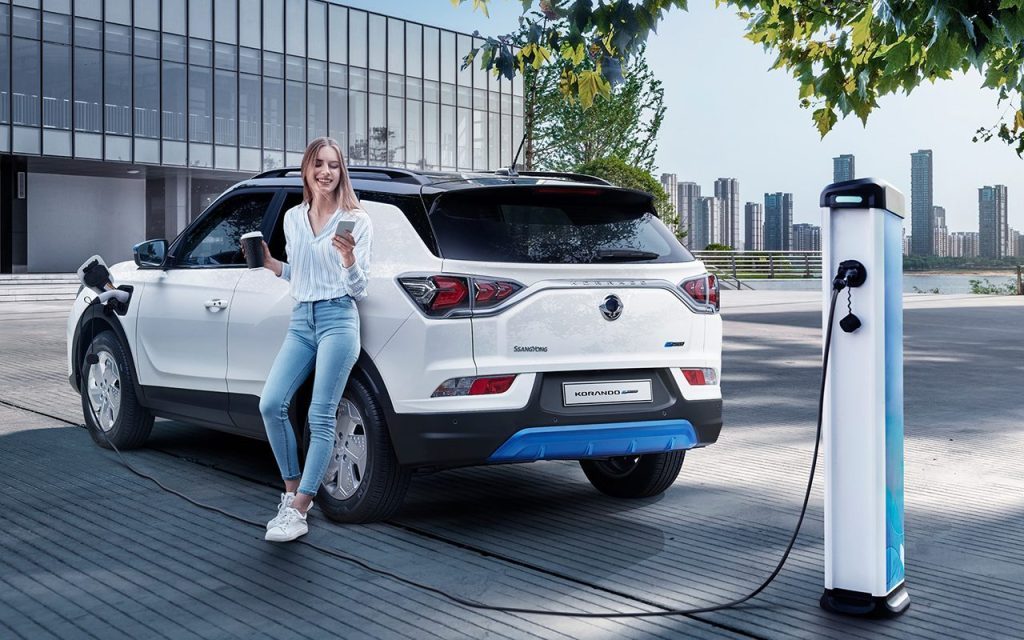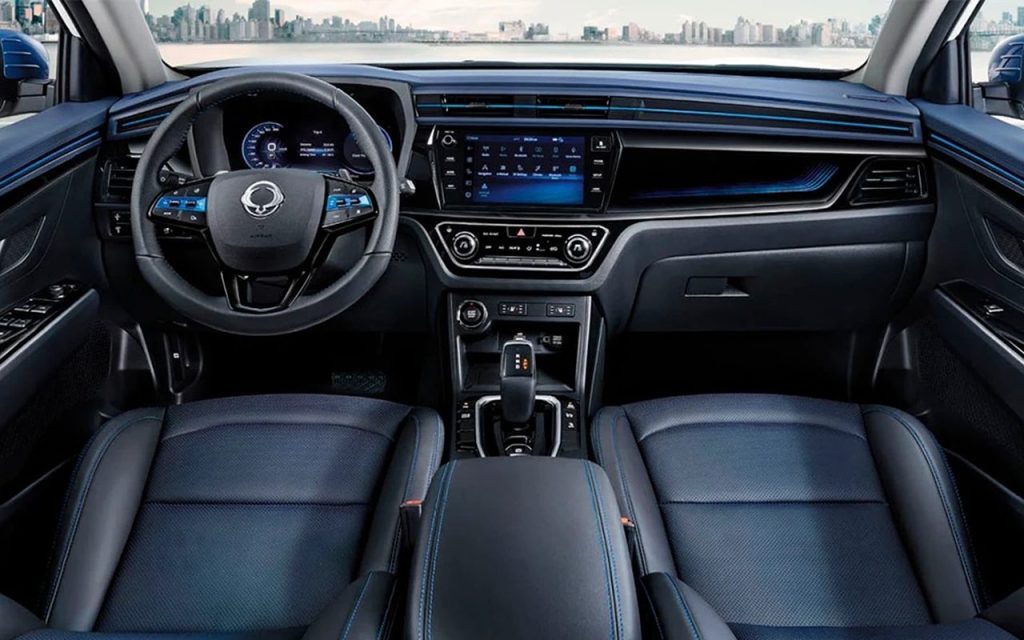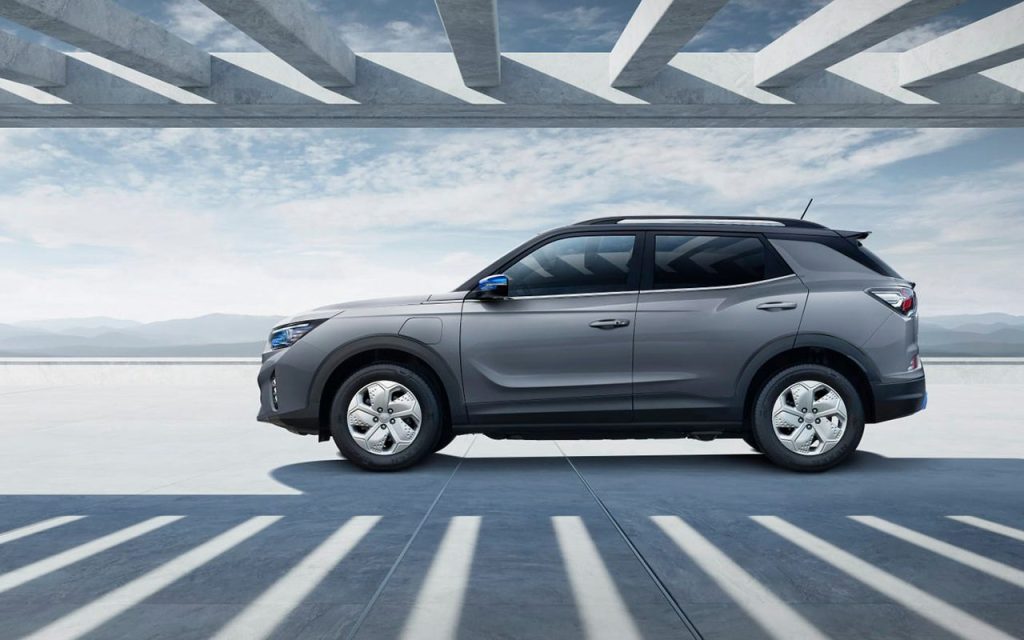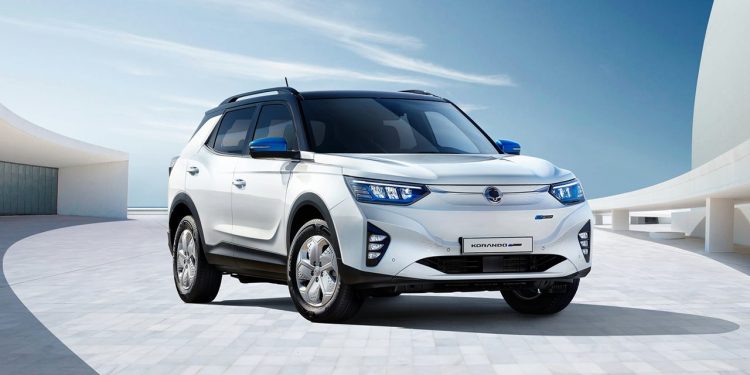SsangYong unveils 340km Korando e-Motion EV, confirmed for NZ
Words: Matthew Hansen
Some four months after showcasing its first electric car in pictures, Korean firm SsangYong has finally shared some of its Korando e-Motion’s critical numbers and abilities.
The e-Motion gets a 61.5kWh battery sourced from LG Chem, paired to a single motor sending 140kW of power and 360Nm of torque to the front wheels with a 163km/h top speed.
The big one for most electric vehicle consumers (particularly those shopping in the more affordable end of the market) is range, with SsangYong claiming that the e-Motion can travel 339km per charge on the WLTP cycle.

One of the e-Motion’s most logical rivals is the MG ZS EV, currently New Zealand’s cheapest electric vehicle. Its facelift launches locally in mid-2022, bringing either a 44.5kWh battery rated for 262km of range or a larger 72kWh battery rated for 439km.
The Korando is a bit larger than the ZS, measuring in at 4450mm long and 1870mm wide in its current internal combustion engine trim, compared to the ZS’s 4314mm and 1809mm, respectively.

The e-Motion has already been confirmed for New Zealand release, with a SsangYong spokesperson stating that the model will be here next year. “It will be coming to New Zealand as soon as it is available for our market, which will be some time in 2022,” they said.
As previously detailed, the e-Motion gets a range of styling changes relative to the standard petrol-sipping Korando. These include a bevy of blue highlights, the lack of a grille up front, more aerodynamically efficient wheels, and more.

Inside it sports a generous 9.0-inch touchscreen with Apple CarPlay and Android Auto, a 12.3-inch digital cluster, dual-zone climate control, heated seats in both rows, ventilated seats up front, a heated steering wheel, and more. Although it’s worth noting that local specification has yet to be confirmed.
The transition from ICE to electric hasn’t harmed the Korando’s practicality chops. Its boot space is still rated at 551 litres. There’s also an optional heat pump available to SsangYong buyers in its home market, which can extend range by 1km.
While local pricing has yet to be confirmed, some other markets have priced the Korando at approximately $50,000 when converted to New Zealand currency. If a figure like this is replicated locally, it would place the Korando at the pointy end of the market for EV value.





